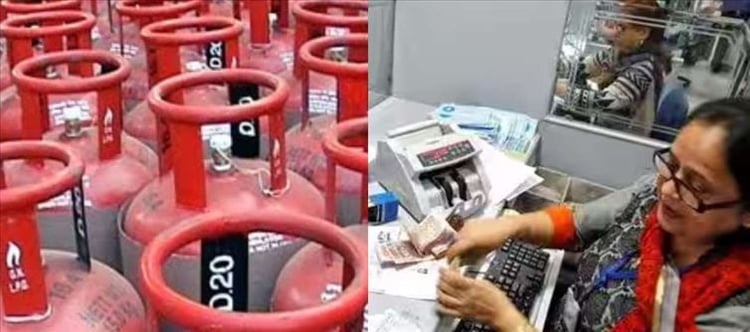
As the Union Budget 2025 is rolled out, there’s a growing sense of frustration among India’s middle class. The budget discourse revolves predominantly around tax slabs, conveniently overlooking the reality of soaring inflation that is suffocating the average taxpayer. It’s as if the government believes that the middle class exists solely to pay taxes and that they don’t need to eat, drink, or access essential commodities.
The media, in its usual misguided frenzy, hypes up the tax adjustments as if they were a cure-all for the suffering of millions. Yes, the tax slabs have shifted a little, but what about the elephant in the room—inflation? A marginal reduction in tax rates cannot possibly compensate for the astronomical rise in the cost of living. The middle class, which is already battling with rising prices of food, fuel, healthcare, and education, is left with an illusion of relief while the real burden continues to mount.
Inflation: The Silent Killer
It’s hard to understand why indian media, which has the power to reach millions, fails to delve deeper into the issue of inflation. Instead, they opt for the easy route, parroting the government's rhetoric about tax slabs. What good is a tax rebate when the cost of essential items like vegetables, fruits, pulses, milk, and cooking gas have become unaffordable for the average household?
Fuel prices remain exorbitant, and transport costs continue to drain the pockets of everyday commuters. How many times do the people need to be told that minor changes in tax slabs will not magically make the basic necessities of life affordable again? The middle class doesn’t want tax gimmicks—they want a stable economy where their hard-earned money doesn’t lose value by the minute due to rising inflation.
The Elusive 'Common Man'
The media also chooses to gloss over the fact that the 'common man' is no longer a passive recipient of government policies but is actively bearing the brunt of economic mismanagement. The government and media alike seem to forget that the middle class is the backbone of the nation. These are the people who are being squeezed from all sides. They pay taxes, they fuel the economy, and yet they are often disregarded when it comes to any substantial relief.
Rather than focusing solely on the tax slabs, the government should have addressed how it plans to tackle the root causes of inflation—such as high crude oil prices, supply chain disruptions, and the inefficiency of public sector enterprises. If these issues aren't dealt with, no tax adjustment is going to alleviate the pressures that the common man faces daily.
The Mirage of a 'Balanced Budget'
The budget may be presented as a balanced financial plan for the nation, but it’s nothing more than a mirage for the middle class. While the rich and corporates get to enjoy their exemptions and subsidies, the common man is left holding the bag. The middle class is expected to fund the country’s growth, but the benefits often don’t trickle down to them.
Instead of focusing on the fiscal health of the nation, the government should have used the budget to ensure that essential commodities are accessible to all. Why does a middle-class family still have to choose between basic needs because the price of food or fuel is too high? Why are wage growth and job security not part of the conversation when discussing the economic prosperity of the middle class?
A Forgotten Majority
In conclusion, while the Union Budget 2025 might have some minor tweaks in favor of the taxpayers, it does little to address the everyday struggles of the middle class. The inflated costs of essential goods and services are far more pressing than the minor adjustments in tax slabs. It’s time the indian media and the government shift their focus to the real issues—inflation, job insecurity, and the decline in purchasing power. Until then, the budget will remain a hollow promise, and the middle class will continue to pay the price.




 click and follow Indiaherald WhatsApp channel
click and follow Indiaherald WhatsApp channel